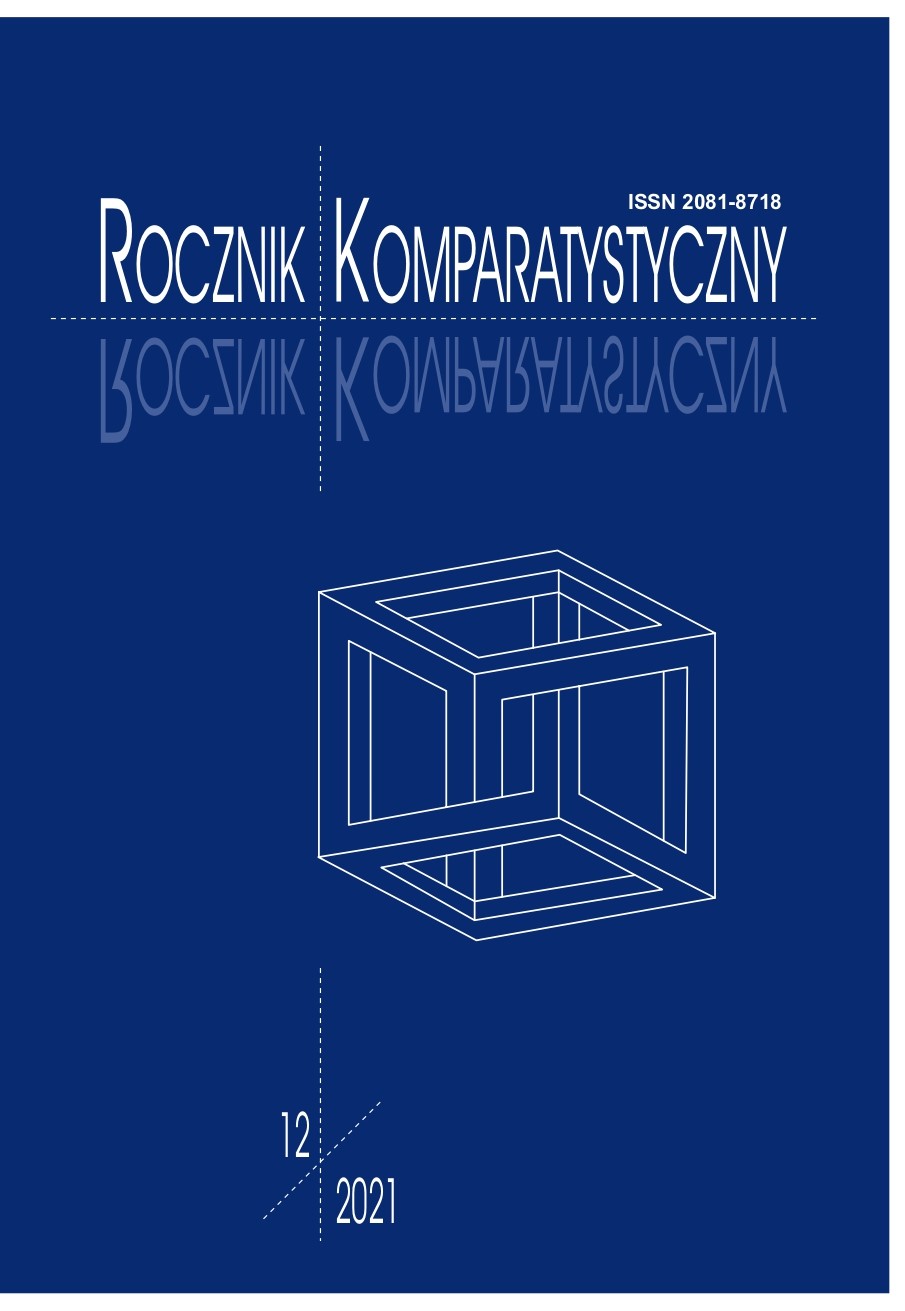Koncepcje teatru ludowego. Romain Rolland i Jędrzej Cierniak
Conceptions of Folk Theatre. Romain Rolland and Jędrzej Cierniak
Author(s): Mirosława KozłowskaSubject(s): Theatre, Dance, Performing Arts, Language and Literature Studies, Fine Arts / Performing Arts, Theoretical Linguistics, Studies of Literature, Comparative Linguistics, Theory of Literature
Published by: Wydawnictwo Naukowe Uniwersytetu Szczecińskiego
Keywords: popular theatre; folk theatre; Romain Rolland; Jędrzej Cierniak
Summary/Abstract: The basis for conceptions of folk theatres, formulated at the end of the 19th century and in the first 40 years of the 20th century by Romain Rolland and Jędrzej Cierniak, was the conviction that changes in the economy and education, the formation of social and civic consciousness, as well as changes in customs have an impact on the art of theatre being the most social of the fields of artistic culture. The people understood as “the masses” need and will need theatre that meets their expectations and provides decent entertainment. The basis for Rolland’s folk theatre was supposed to be scientific research enabling one to determine the specific environment in which the theatre operates. The permanent and professional theatre in itself should operate for a specific audience as an institution attempting to meet the expectations of its spectators. Cierniak, on the other hand, concentrated on self-generated, local theatre. He tried to model its forms. In time, the theatre was to co-create the Polish national theatre. For Cierniak, folk theatre is not only an art form but also a way of satisfying the need for theatricality. It coexists alongside professional theatres. Being both familiar and local, it perpetuates local traditions and rituals, prolongs their vitality in the consciousness of the environment, and also reacts to new phenomena to which its actors and spectators are subjected. And here, like Rolland, Cierniak sees the need for an alliance with science – ethnography, ethnology, folklore studies – to save folk culture understood as tradition and ephemeral creativity (occasional songs, rhymes, etc.). Both Rolland and Cierniak see outdoor performances as important forms of creating and sustaining community and a marker of local identity. For both theorists, it is evident that folk theatre is local, autonomous, oriented towards the local community that shapes it (Rolland) or from which it derives (Cierniak). Phenomena currently taking place in theatrical life confirm the need expressed by Rolland and Cierniak for decentralisation of theatre, as well as the potential of local history and traditions. Examples of theatres particularly rooted in local history include the Zagłębie Theatre in Sosnowiec, the KOREZ Theatre and the Stanisław Wyspiański Theatre in Katowice, the Helena Modrzejewska Theatre in Legnica or anthropologically oriented: Teatr Węgajty/Field Project and the Gardzienice Centre for Theatre Practices.
Journal: Rocznik Komparatystyczny
- Issue Year: 2021
- Issue No: 12
- Page Range: 71-93
- Page Count: 23
- Language: Polish

